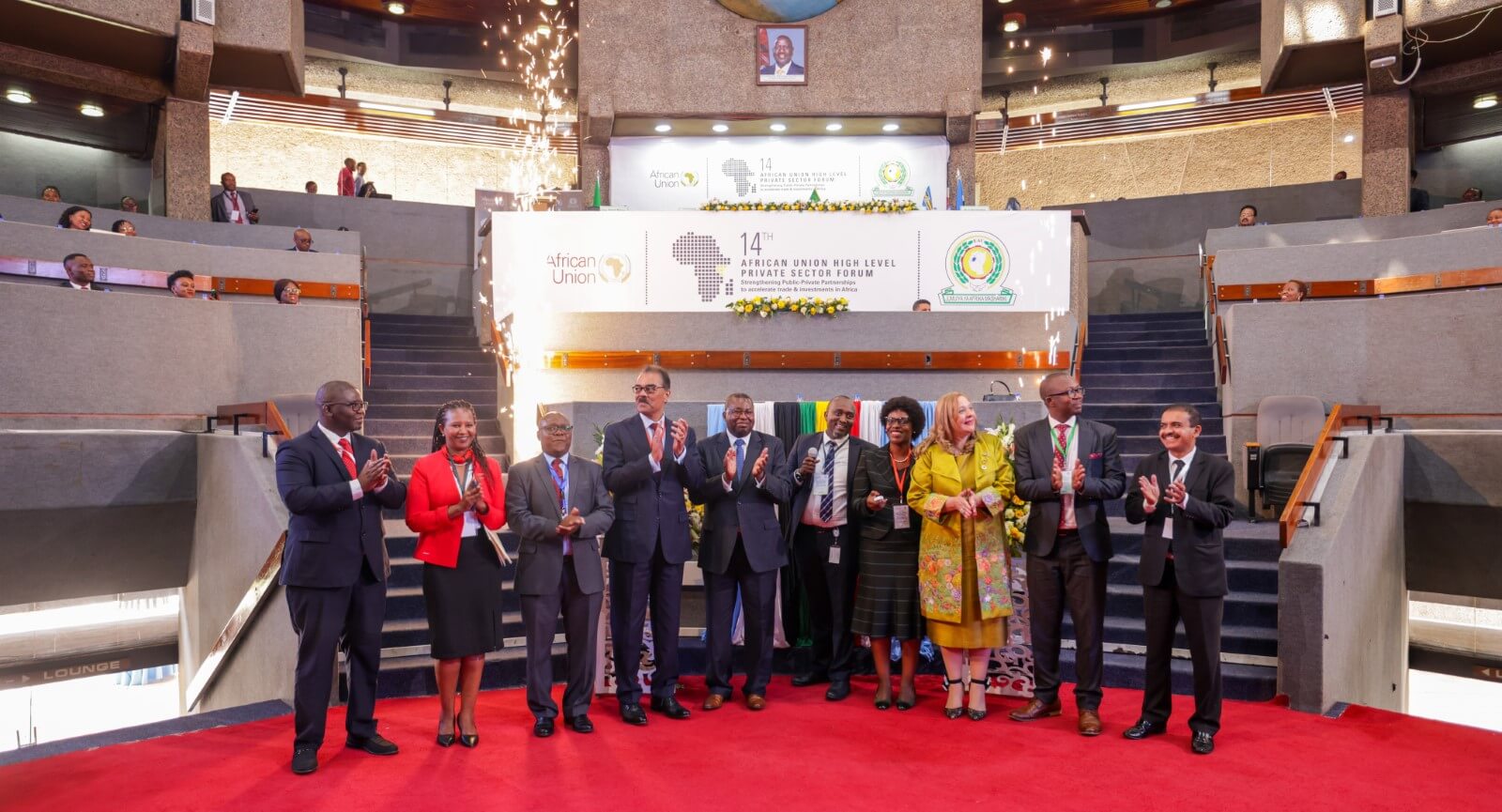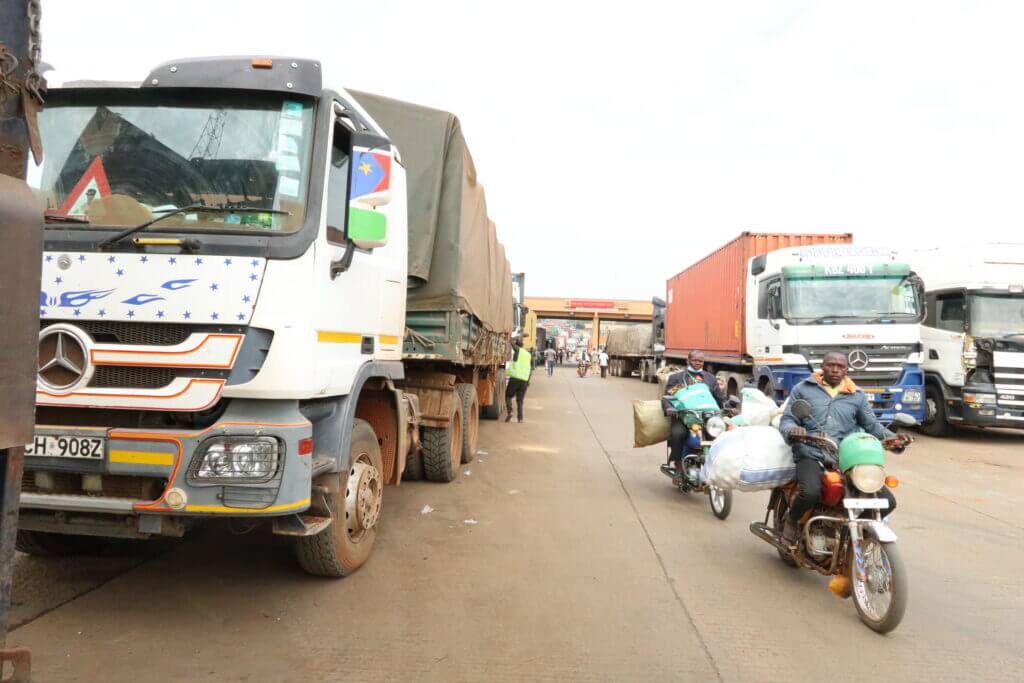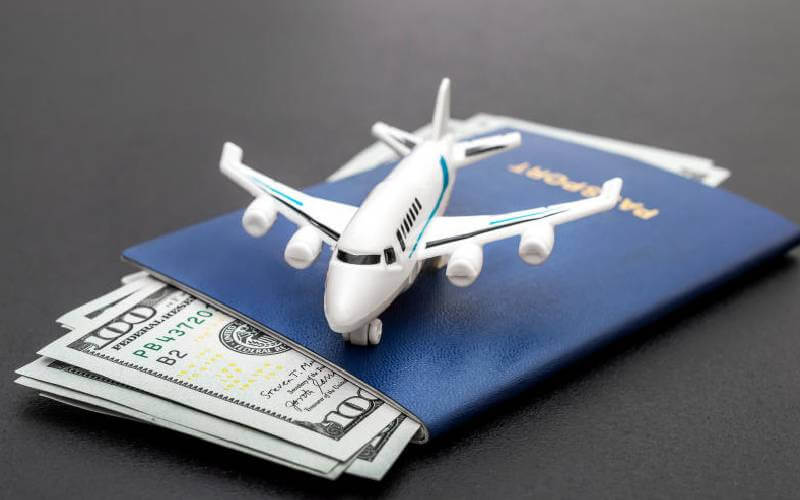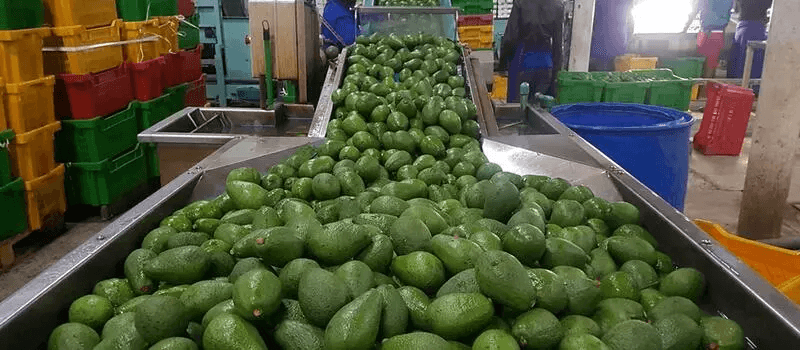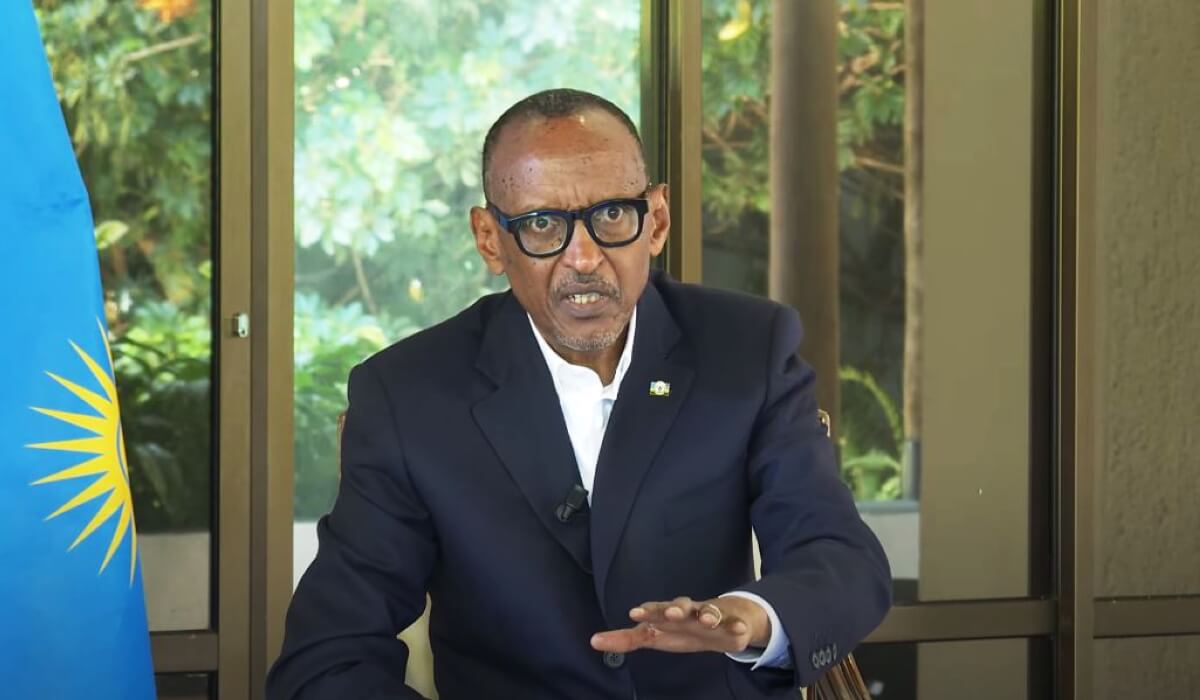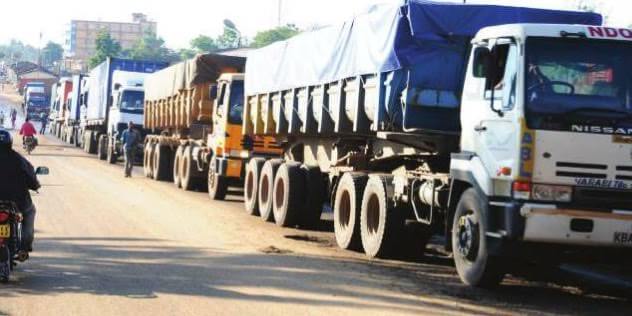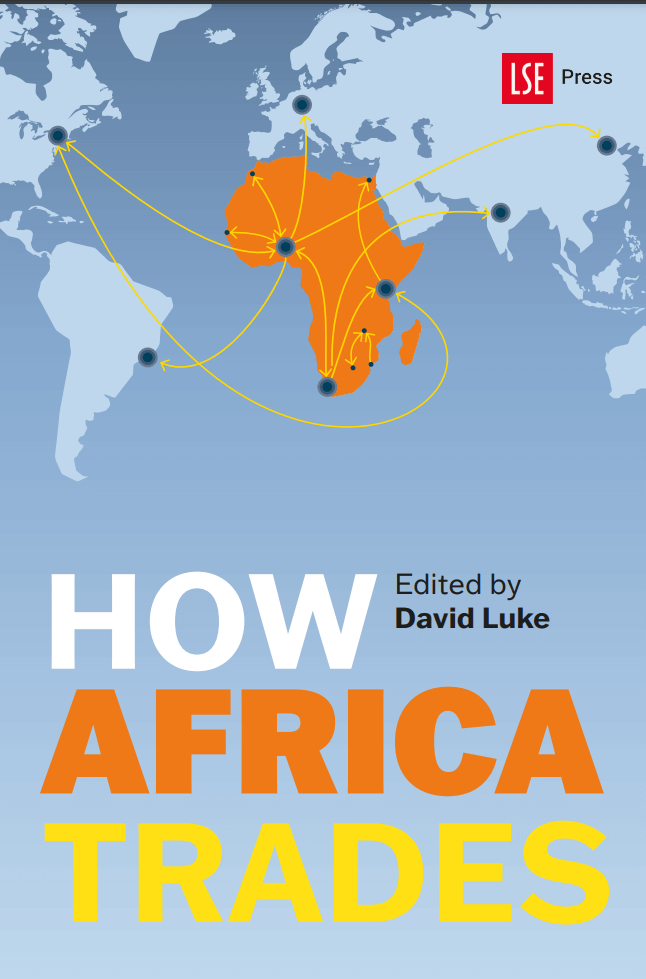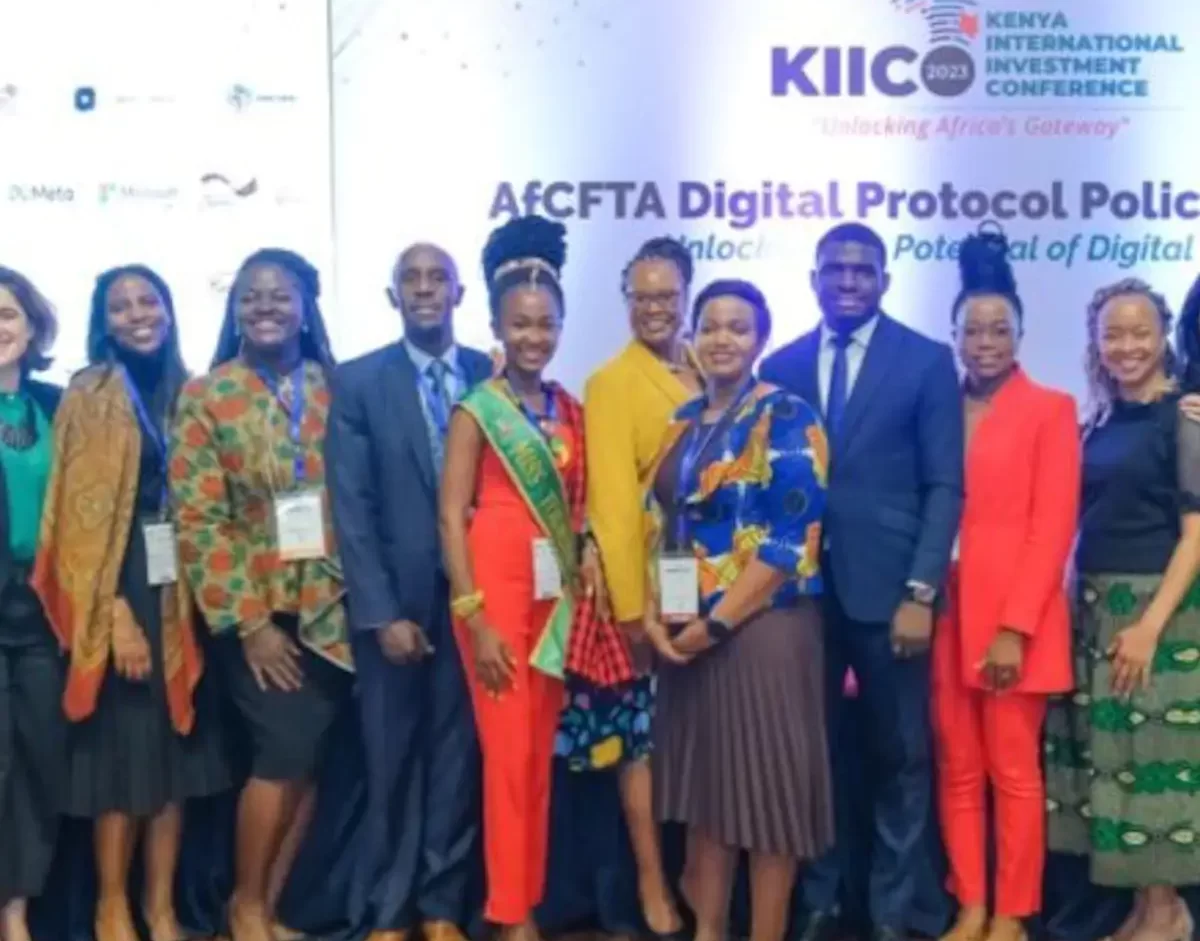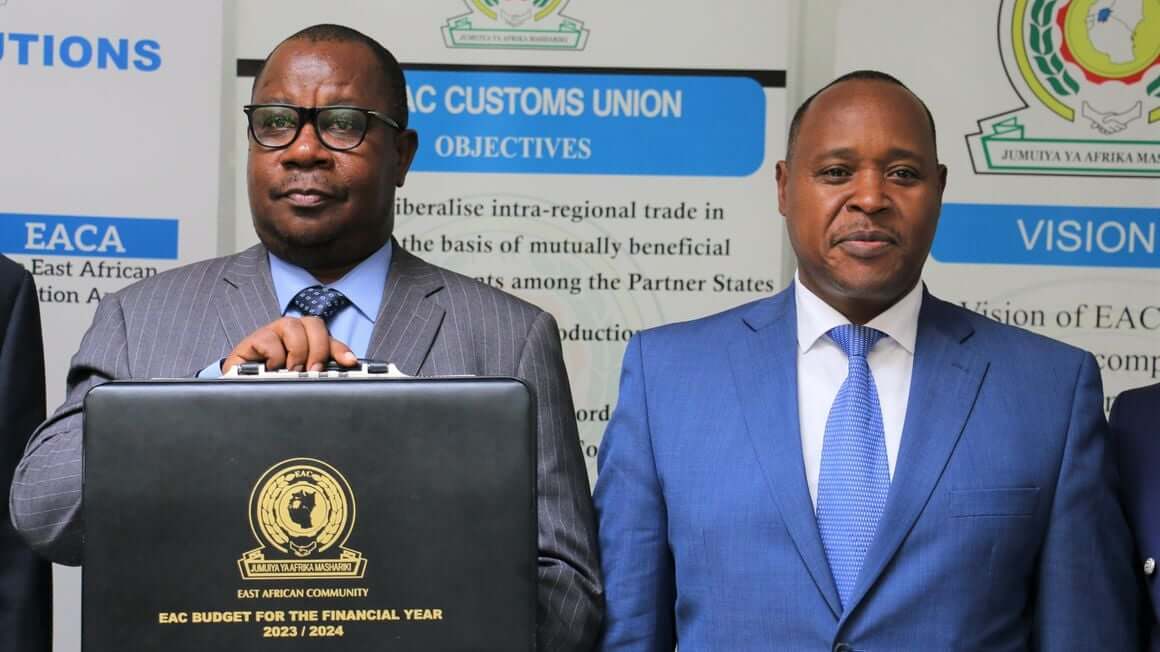The EAC Secretary General in charge of Customs, Trade and Monetary Affairs, Annette Ssemuwumba, unveiled the One Stop Border Post Performance Measurement Tool on behalf of the EAC Secretary General, Dr. Peter Mathuki, during the opening session of the 14th African Union High Level Private Sector Forum that is taking place in Nairobi, Kenya this week. Ssemuwemba announced that the tool is now ready for use and that Partner States and stakeholders will embark on data collection, sensitisation on use and full roll out. OSPBs are an important infrastructure at border crossing points and contribute to spur intra-regional trade by reducing the costs of doing business through reduction of time and costs taken to cross borders. Further, OSBPs eliminate multiplicity of documentation associated with two-stop border posts’ bureaucracies. Lack of data to inform decision making on major aspects such as OSBP performance, human resources and state of the physical and digital infrastructure have often slowed down collective action for optimal performance of existing OSBPs. The OSBP Performance Measurement Tool will involve a range of measurements including time spent on administrative procedures, reduction of transport costs, reduction of inventory costs, and an increase in revenue collection and trade. Customs administrators in the EAC region will use the data generated by the measurement tool to assess OSBP performance and institute improvement strategies. Specifically, the tool has been developed to provide the necessary mechanism to measure the performance of OSBPs on six fronts, namely: Time, Cost, Volume/ Throughput, Infrastructure, Inter-Agency Coordination and User...
EAC unveils online tool to measure performance of One Stop Border Posts
Posted on: July 13, 2023
Posted on: July 13, 2023

